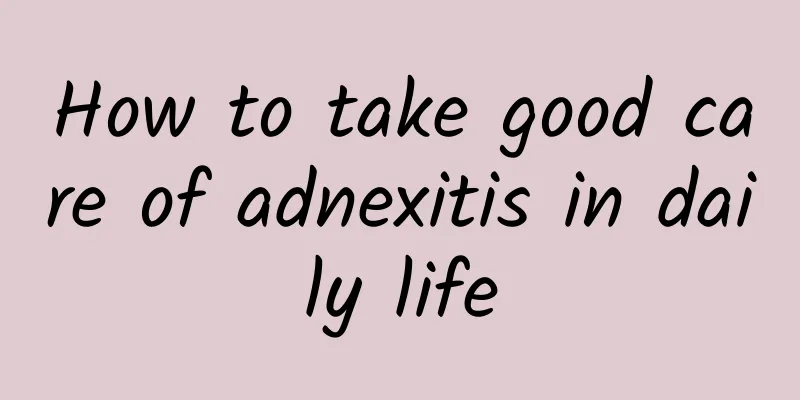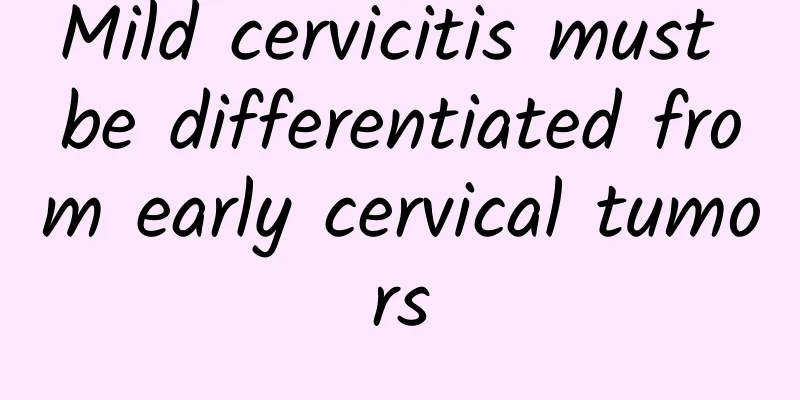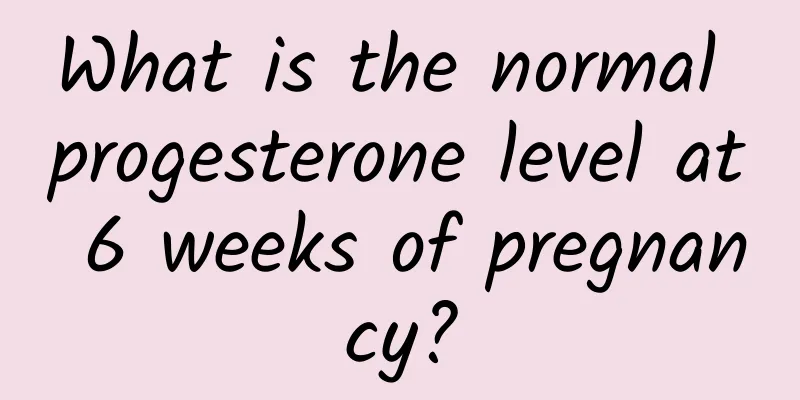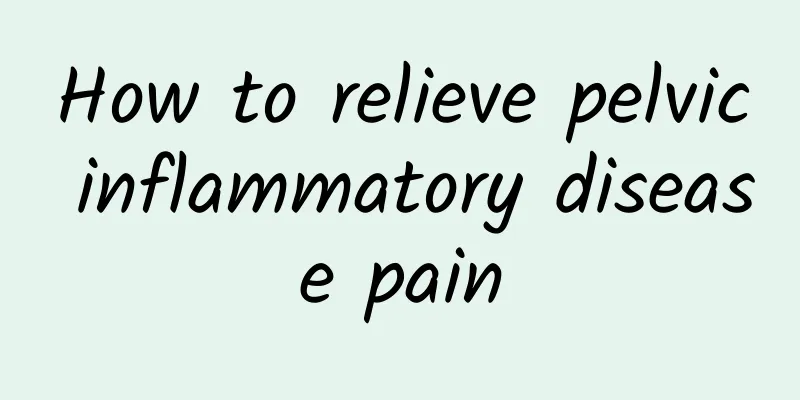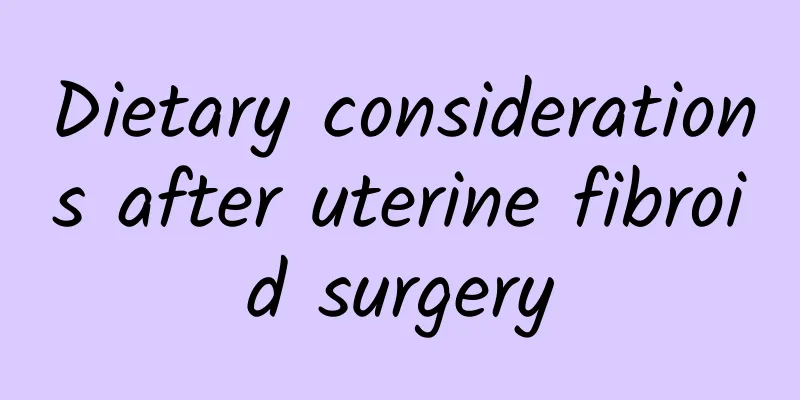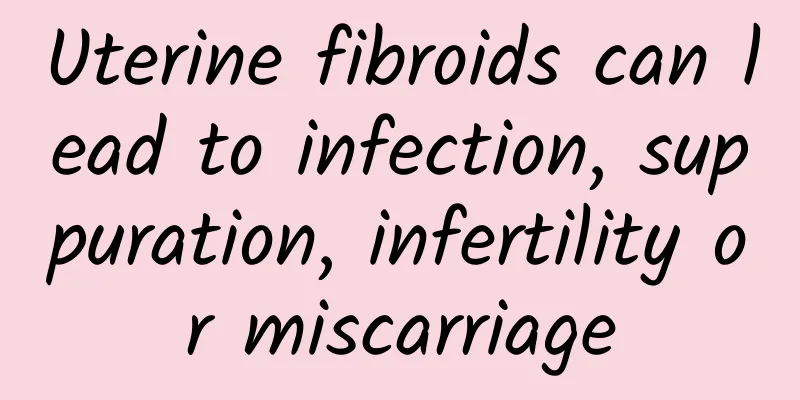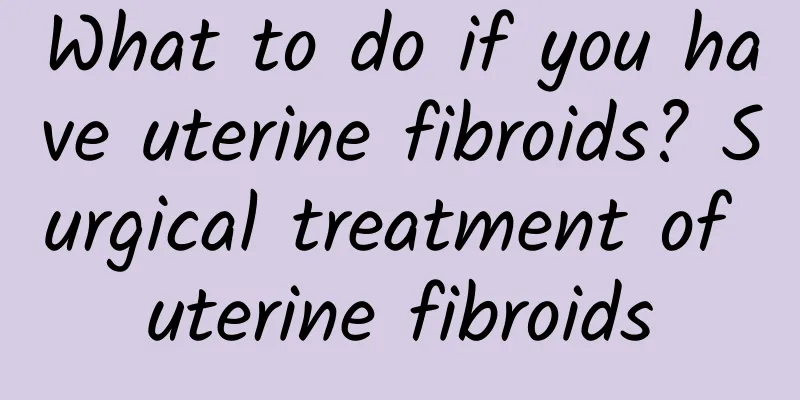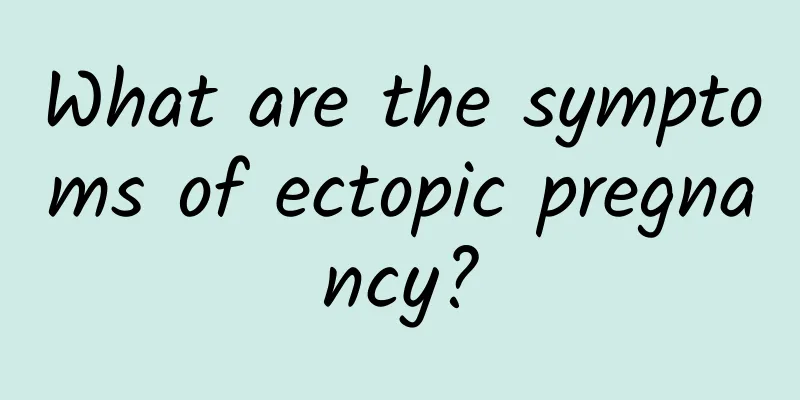Is obesity caused by the gluttonous monster? Beware of food addiction
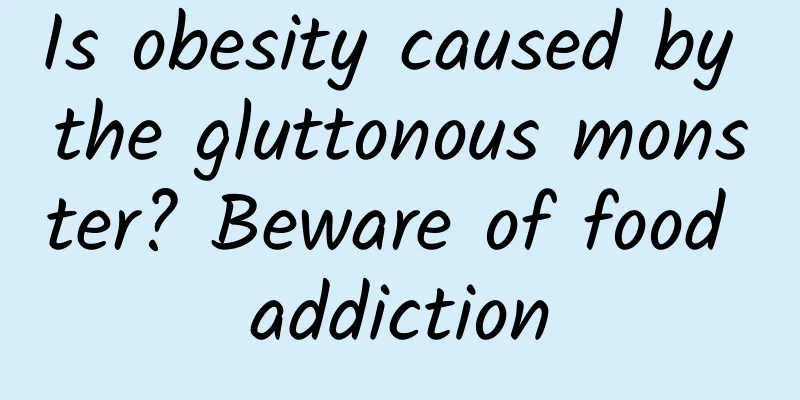
|
Most researchers believe that 10% to 15% of people in the United States have food addiction problems. But I think that 60 to 80 percent of the population is addicted to food, whether it's a diet high in processed foods, low in nutritional value, or a high-protein diet based on animal products. Overweight people often cannot resist the temptation of sweets, fried foods, potato chips and fatty meats, just as drug addicts cannot resist smoking and drug addicts cannot resist taking cocaine. If you are overweight, 80% of you have a food addiction problem. You eat because your body feels the need for food, not because your body actually has a physiological need to replenish calories. Addiction is physical and psychological dependence on a substance or behavior. Initially, the substance or behavior may satisfy a person, but later the need may increase in order to avoid discomfort or pain, and it may become a compulsive behavior. Food addiction is complex and involves stimulation of the digestive organs, resulting in the secretion of bile, enzymes, hormones, and the elimination of waste from the liver, kidneys, and bloodstream. Food addiction is also closely related to dopamine in the brain. Dopamine is an important neurotransmitter, one of the functions of which is to regulate the initiation and perception of pleasure. No matter the addiction, the brain reacts the same way. High calories from foods like sugar and fat can cause dopamine levels to spike in food addicts to levels similar to those in people who abuse illegal drugs. In recent years, researchers at Boston Children's Hospital in Massachusetts have found that meals high in refined carbohydrates can have the same effects on the brain as drug addiction. Each subject showed intense activity in the nucleus accumbens, a region of the brain associated with addiction. Different areas of the brain are wired together to link specific brain patterns with the release of feel-good dopamine, ensuring that we repeat behaviors that make us feel happy. The brain records an action that brings us pleasure as a beneficial pattern, and this pattern needs to be remembered and repeated automatically. So when a drug addict lights up a cigarette or a food addict opens a bag of potato chips, they do so without hesitation and with complete disregard for the long-term risks. Smokers become tolerant to nicotine, binge eaters become more tolerant to sugar, salt and fat, and the pleasure they get from eating high-calorie foods decreases. A recent study in the journal Nature Neuroscience shows that drug addiction and compulsive eating can desensitize the brain's reward circuits. This means that in order to feel the pleasure from a drug or diet, the amount consumed must be higher and higher. In the brain, eating behavior is driven by pleasure and reward signals, and the brain now needs more stimulation (very sweet and strong-tasting high-calorie foods) or a lot of food to maintain the signal strength. If the intensity is insufficient, it will cause physical and emotional discomfort. Most people who are overweight know that this is unhealthy. Their relatives, friends and doctors must have suggested that they lose weight, but they just can't do it. Time and again they try to diet but fail to stick to it. Why is this happening? Why can't they keep eating? The answer: hyper starvation. When our main food is high in calories and lacks sufficient protective nutrients, cells will be blocked by various wastes, such as free radicals and advanced glycation end products (AGEs), collectively known as "oxidative stress." Oxidative stress can lead to inflammation, cell damage, and premature cell death. Oxidative stress is often accompanied by a buildup of toxic metabolites, triggering withdrawal symptoms between meals. I call this withdrawal symptom "vicious hunger." If you experience any of the following symptoms, you may be experiencing starvation: Symptom 1: Weakness. Symptom 2: Fatigue. Symptom 3: Dizziness. Symptom 4/ Headache. Symptom 5: Stomach cramps. [Self-assessment form: Do I have a food addiction problem? 】 1. If you don’t eat regularly, you may feel tired or irritable. Yes or No. 2. I crave certain foods almost all the time. Yes or No. 3. After I eat, I feel weak or sick. Yes or No. 4. Not eating well has affected my health. Yes or No. 5. I am overweight and continue to overeat. Yes or No. 6. I can’t stop eating sweets. Yes or No. 7. I tried to lose weight by dieting, but failed, so I gave up. Yes or No. 8. I prefer to go to all-you-can-eat restaurants. Yes or No. 9. I will experience physical withdrawal symptoms. Yes or No. 10. I eat secretly when no one is around to see. Yes or No. 11. I would hide food from my family. Yes or No. 12. Even if I am not hungry, I will continue to eat. Yes or No. 13. My eating habits make me depressed. Yes or No. 14. My eating habits cause problems in my social or family relationships. Yes or No. 15. I eat almost all day long. Yes or No. If you answer "yes" to any of these questions, you may have a food addiction. If the answer is "yes" to two or more questions, then you are definitely addicted to food. The discomfort caused by stopping the use of addictive substances is called "withdrawal", which is an important sign that the body is beginning to detoxify or heal after a substance is removed. When the body eliminates harmful substances, it will inevitably cause discomfort. Detoxification is more effective when digestion is stopped. Once digestion is complete, people often feel nauseous, tired, or have a headache, and most people mistake these minor discomforts for hunger. If you eat at this time, it will restart digestion, interrupt the detoxification process, and make the uncomfortable feeling disappear. Let me explain. The digestive cycle has two phases: anabolic and catabolic. During the assimilation (or accumulation) phase, you eat, chew, digest, and absorb nutrients, which slows down or stops the detoxification process; the detoxification process is most efficient when the body is not actively digesting food. Once digestion stops, the body enters the stage of catabolism and detoxification begins immediately. As a result, people feel the symptoms of detoxification and interpret them as hunger. They think they have to eat more, even though their bodies are already full of calories. They can eat constantly, denying the body time to metabolize, or they can eat high-calorie meals and animal products, allowing the digestion (assimilation) process to continue until the next meal. There are important differences between real hunger and malignant hunger. True hunger occurs when the body has almost burned through the stored calories from the previous meal and can replenish energy, but acute hunger occurs when the body begins to get rid of dangerous toxins. We immediately feel uncomfortable and think we must consume something high in calories to relieve it. This can lead to overeating and make you want to eat more calories than your body needs. I’m not asking you to go on a diet, I’m asking you to change your fundamental beliefs about food. However, the more you seek quick relief, the more you hinder the detoxification or healing process. Feelings of discomfort usually mean that the repair process is ongoing and toxins are being eliminated, but we mistake these symptoms for real hunger and make the mistake of frequently overeating in an attempt to relieve the discomfort, but this causes the number on the scale to go up, making us sick and falling into a vicious cycle of food addiction. Breaking a bad habit always makes you feel worse at first, not better. For example, when you start a healthy diet, the first three to five days are the most uncomfortable, which is also the reason why all diet control methods fail. No matter which diet control method is used, people are required to eat less, but eating less can cause physical or emotional discomfort. The only way to comfortably eat less is to help the body want less food, which requires us to get rid of vicious hunger first. Adequate micronutrients are essential to prevent toxins from accumulating in cells and leading to hyper-starvation. If you want to comfortably move toward your ideal weight, you must adopt a healthier, more micronutrient-complete diet. What you choose to eat is an opportunity to take control of how your brain works, and to take control of your physical and mental health and the health of the rest of your life. The key is to get all parts of your brain to agree to eat healthy, because there may be a part of you that doesn't want to obey. Once you understand how an unhealthy diet can hijack your brain, you'll be on your way to regaining your health and slimness. This article comes from Dakuai Culture's "The Ultimate Weight Loss Bible" |
<<: Can’t control your appetite? Study: E. coli can help
>>: God slimming! Drink fat-reducing soup to reduce 500 calories a day
Recommend
Is thin endometrium a sign of premature ovarian failure?
Thin endometrium is not equivalent to premature o...
Will damp heat in the body cause abnormal leucorrhea?
Dampness and heat in the body may indeed cause ab...
How to treat chronic cervicitis
How to treat chronic cervicitis? Cervicitis is ve...
Causes of bleeding after abortion
Artificial abortion refers to the termination of ...
What should be paid attention to before ectopic pregnancy surgery
What are the precautions before ectopic pregnancy...
Uterine fibroids may also cause heavy bleeding
Uterine fibroids may also cause heavy bleeding, a...
How to Treat a Left Ovarian Cyst
How to treat left ovarian cyst? Left ovarian cyst...
How to adjust your diet after childbirth
How to adjust diet after miscarriage? Miscarriage...
Can honey replace sugar? What is the difference between sugar and honey? Nutritionists solve five puzzles
The sugar content of a cup of drink may exceed th...
Intramural fibroids are the most common classification of uterine fibroids
Uterine fibroids are more common in middle-aged w...
How to treat postpartum amenorrhea
Ms. Liu had postpartum amenorrhea after giving bi...
How can endometriosis be detected by B-ultrasound?
B-ultrasound is a commonly used technology for ex...
Crossing your legs may increase your risk of vaginitis
Do you sit in the office for a long time without ...
Can counting calories make you lose weight? Stop cheating your body, you can't fight your brain
You may have noticed that I have repeatedly empha...
What are the causes of recurrent vaginitis in women?
Vaginitis is one of the most common gynecological...
